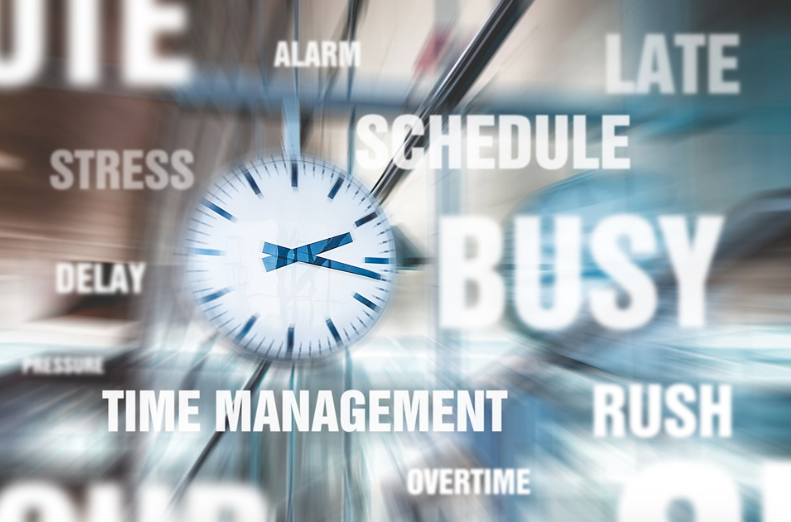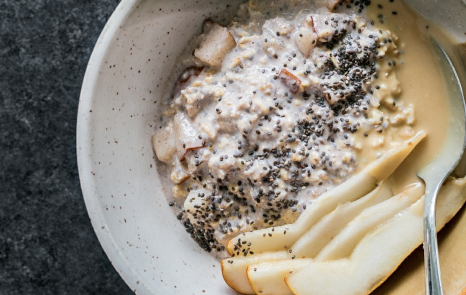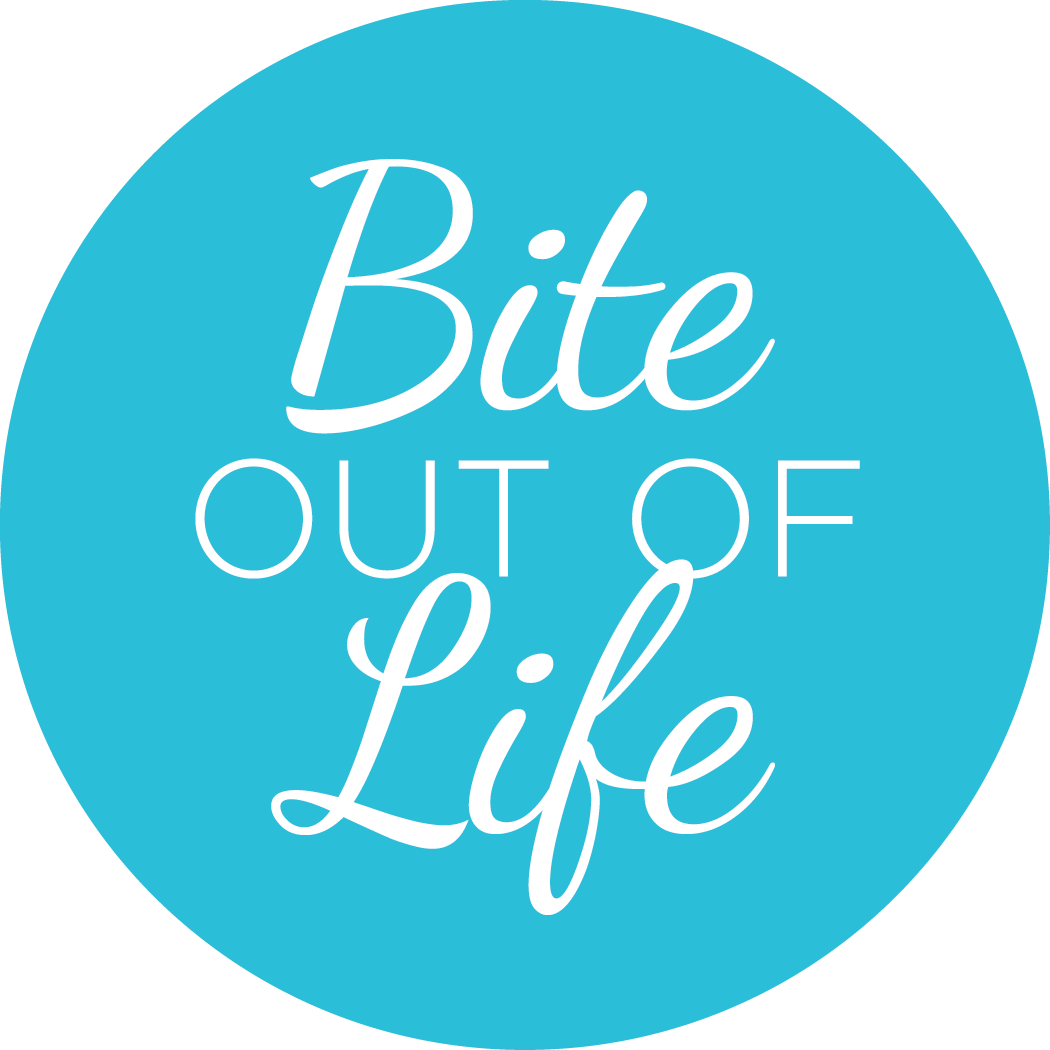
Let’s talk about all the good things and the bad things that may be…
Oh. You’re telling me that’s not how the song goes? Well, since I lead with the catchy tune, I can’t not talk about it now. So today, we’re covering stress (baby) – with most of the focus on our stress hormone, Cortisol. (and P.S. – yeah summer brings out the music in me so don’t be surprised if we have more jammin’ as the season rolls on!)
If you’ve subscribed to the blog here, as well as on social media (follow me here if you haven’t!) , you’d know we’ve been going through the ABC’s of Healthy Hormones.
Today is ‘C’, which I’ve reserved for Cortisol – the hormone that increases when we get stressed and that is made by our little adrenal glands (you can read all about them here).
As a little background into this hormone, you may have heard of the ‘fight, flight or freeze’ stress response. It’s supposed to help us escape injury or death in an emergency and then return to normal after we’ve fought, flew or frozen. But, sadly that doesn’t happen too much in our modern world. Instead, we’re bombarded by daily stressors on an ongoing basis and so it becomes a long-term reaction. We’re flying and fighting and getting stuck in action as a response to being overwhelmed and stressed to the max.
Our cortisol is being released all the time because the body doesn’t discriminate between real serious stress – like being fired or getting divorced or recovery from an injury or illness – and the little irritating issues – like traffic chaos, bad customer service or a fight with your kid over eating vegetables – that also happens to us each day.
It all adds up. Remember the Homes Rahe Stress Inventory Scale that I wrote about at the end of 2018? Yep, I scored a whopping 430 points on that baby. Not good for anyone as stress is predictive of future health issues.
Even as a holistic health practitioner, I have to be very mindful to keep my stress levels in check. But everybody’s got sh#t. It’s life. Over the past few months, I experienced a death in the family, I’ve busted up my ankle, I managed a renovation, and I agreed to handle a side project which took up way (and I mean WAYYYYY) more time/energy/effort/brain cells than I had to give.
Will. You. Give. Me. A. Flipping. Break?
Ummmm….NOT literally though – as I only *just* got my air cast off a few weeks ago.
I am feeling the pinch of high cortisol again. And some of the symptoms that go along with it:
- weight gain, mostly in the belly/midsection
- brain fog
- easy bruising
- slowed healing
- severe fatigue
- irritability
- difficulty concentrating
- high blood pressure
- high blood sugars
- headaches
Check. Check. Check. Gulp.
While I don’t have all of them, I know that my adrenal glands are pumping out too much cortisol. Maybe the picture I just painted looks and feels familiar to you too. If so, here are a few tips on what I am doing holistically (that might also work for you) to lower my cortisol levels and get back to feeling my best.
Foods and nutrients to lower cortisol
Let’s start with one of the biggies that increase your cortisol… sugar. Reducing the sugar we eat and drink can be a great step toward better health for our minds (and bodies). I’ve cut out the treats (buh-bye ice cream) and limited my fruit intake to lower sugar, higher fibre fruits like berries and apples for now. And don’t forget to look for the hidden sugars in stuff like ketchup, commercial dressings, milk, yogurt and deli meats. Sneaky, right?
High doses of caffeine also increase your cortisol levels. A cup a day may not be of concern but stop with giant Ventis, ok? Have you heard of Teeacino? Or Dandy Blend? Both are caffeine-free herbal drinks that are pretty good substitutes for my morning coffee a few days a week.
Also, being dehydrated increases cortisol. Make sure you’re drinking enough water every day, even if you don’t think you are feeling thirsty. Imbalanced hormones can fool our thirst sensation, so just make it a priority to sip all day long.
Eat a variety of nutrient-dense whole foods; this doesn’t just help reduce stress hormones, it helps all aspects of your health. Even if you’ve gained a bit of belly fat, starving yourself to try to get it off is not going to work. You need the right mix of macronutrients and the right amount of fuel each day or you’ll do more damage than good. And your body will not give up that belly because cutting calories triggers a whole other cascade of hormones geared to survival.
To conquer those extra pounds that crept on due to high cortisol or other hormonal imbalances, you have to nourish and care for your body first and heal from the inside out. So skimping on calories, skipping meals or (god forbid) eating low fat, artificially sweetened diet foods is only going to make your body more stressed.
Put an emphasis on foods that contain B vitamins, which are proven stress-busters. Oats, eggs, lentils, turkey, sunflower seeds, dark green leafy veg are a few good examples. And foods that are high in magnesium which also help to reduce stress and therefore reduce cortisol levels. Spinach, quinoa, almonds and – wait for it! – dark chocolate too. Not that icky candy bar stuff but real, raw cacao that is at least 70% cocoa.
Don’t forget your probiotics and prebiotics! There is so much new research about the gut-mind connection, and how taking care of your friendly gut microbes is key to managing your stress. Make sure you’re eating probiotic-rich fermented foods like plain yogurt, sauerkraut, miso, kimchi and kombucha and getting a healthy dose of prebiotic fibre. Chicory – one of the ingredients in the two coffee substitutes I mentioned – is a good source of prebiotic fibre, as are bananas, asparagus, onions, leeks, garlic and inulin – which can come in supplement form.
Lifestyle techniques to lower cortisol
It’s not just food that can help. There are things you can do with your time that can lower cortisol.
For me – limiting how much I engage in social media and how much I read and watch the nightly news can have a calming effect. Honestly – the world is messy and we all have to find a way to manage our boundaries when it comes to engaging in things that are just click bait or serve no positive purpose. I like to remind myself of the old Polish saying “Not my circus. Not my monkeys.” when I start to get drawn into conversations that are meaningless but irritating.
Mindfulness, in the form of meditation or yoga, is also a proven method to reduce stress. There are plenty of studies now that show you can reduce your salivary cortisol levels with just 40 minutes out walking and breathing in nature or spending 20 minutes on your yoga mat.
As for meditation, plenty of people have told me, “But Trish I can’t meditate. I can’t empty my mind. My brain is too full. It’s boring just to sit there doing nothing.” Here’s the truth – I felt the same way but committed in November 2016 to finding a way to lower my stress through meditation. I started with 5 minutes a day and worked my way up to 30 minutes twice daily. And I’ve been going ever since – to greater and lesser degrees. Somedays I skip it, somedays I only get one session in, some days I only get 5 minutes on the cushion. Those are days I generally don’t enjoy and have a short fuse.
But the point is – I learned how to tune into my monkey mind and calm the f#ck down. And it’s made me a better, happier, more grateful person. And every single person I know who has put the time in to try it has benefited.
There are as many ways to learn how to meditate as there are people in the world – there are apps, teachers, studios, books, podcasts, courses – different strokes for different folks. But it’s accessible for everyone – trust me! – and probably one of the easiest and least expensive things you can do to reduce your cortisol levels.
My personal bugaboo – get enough sleep! Getting adequate sleep is way too underrated and as a reformed insomniac, I can attest to how lack of sleep contributed to myriad health and weight issues for me.
Cortisol levels are connected to your circadian rhythm which is connected to the light and dark which is connected to your sleep cycle. Cortisol should be lowest between 10pm and 2am and then gradually rise so that by 6 am you are ready to rock and roll.
However, staying up late into the night to watch TV or Netflix on our tablets or scroll through Facebook or Insta on our phones can mess up this rhythm as the blue light from these electronics can disrupt our cortisol levels.
You need to shut it down at least 45 minutes before bed. No kidding. And get into bed by 10, 9 if you can. And if an early bedtime feels too hard to do – just start heading to bed 15 minutes earlier than the night before. You cannot ‘catch’ up on sleep – 10 hours on Sat and Sun do not help your stress levels if you’re getting 5 or 6 hours the rest of the week. We’re all busy….so we think we need to stay up later but…. busy at what? Make rest a priority and you’ll see a lot of changes in your physical, mental and emotional well being.
For those of you who may be shift workers – yes, you have a whole other level of stress on your hormones. And no doubt have overproduction of cortisol. Which means you have to be doubly careful to eat well, manage stress, reduce the burden on your adrenals and find adaptive ways to handle the difficulties in your schedule. Consult a wellness practitioner for guidance and support.
Conclusion
Too much of the stress hormone cortisol can have several negative impacts on your health. There are many proven ways to reduce levels of cortisol naturally.
In terms of foods and nutrients, have less sugar and caffeine. And have more water, whole foods, probiotics, and prebiotics. And maybe a little dark chocolate.
Lifestyle factors are huge when it comes to cortisol. To lower yours, get more sleep, seek mindfulness strategies and commit to putting down the devices at least 45 minutes before bedtime. And earlier bedtime, please!
Let me know your favourite ways to bust the stress hormone cortisol.
Recipe: Pear Spice Overnight Oats
Yum. Oats = B vitamins = stress reduction. By making these the night before, you can have a less stressful start to your morning.
Serves 4
Ingredients
- 2 cups Plain Kefir
- 1 cup Water
- 2 cups Oats (rolled)
- 2 Tbsps Raw Honey
- 1 tsp Cinnamon
- 1 tsp Ground Allspice
- 2 Tbsps Chia Seeds
- 2 Pears (sliced and divided)
- 1/4 cup Tahini
Directions
- In a large bowl, combine the kefir, water, oats, honey, cinnamon, allspice, chia and half of the sliced pear. Cover and refrigerate overnight.
- In the morning, divide into bowls or individual containers and top with tahini and the remaining pears. Enjoy!
References:
https://www.healthline.com/nutrition/ways-to-lower-cortisol
http://www.precisionnutrition.com/all-about-cortisol
https://www.healthline.com/nutrition/16-ways-relieve-stress-anxiety
http://www.health.harvard.edu/staying-healthy/understanding-the-stress-response
